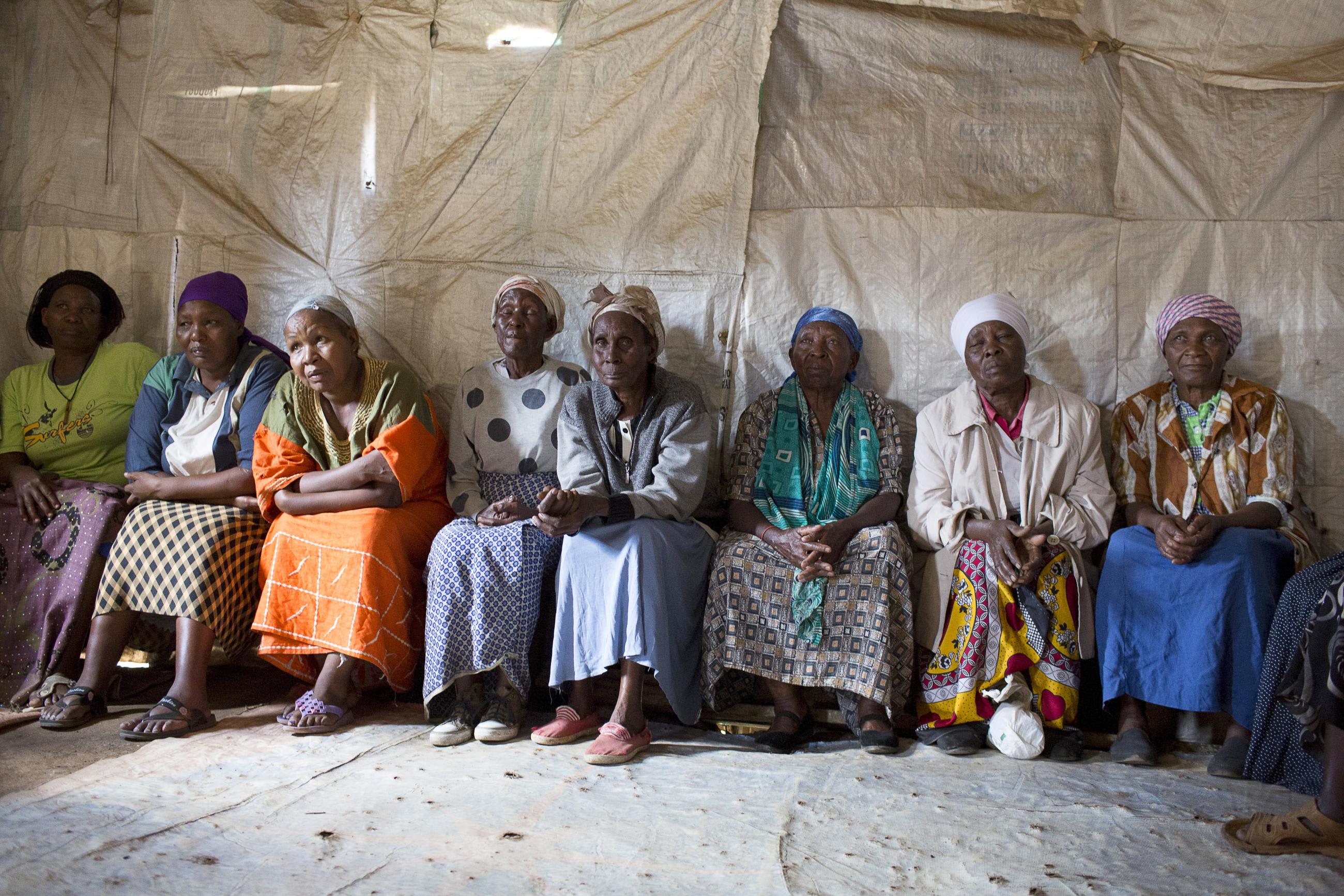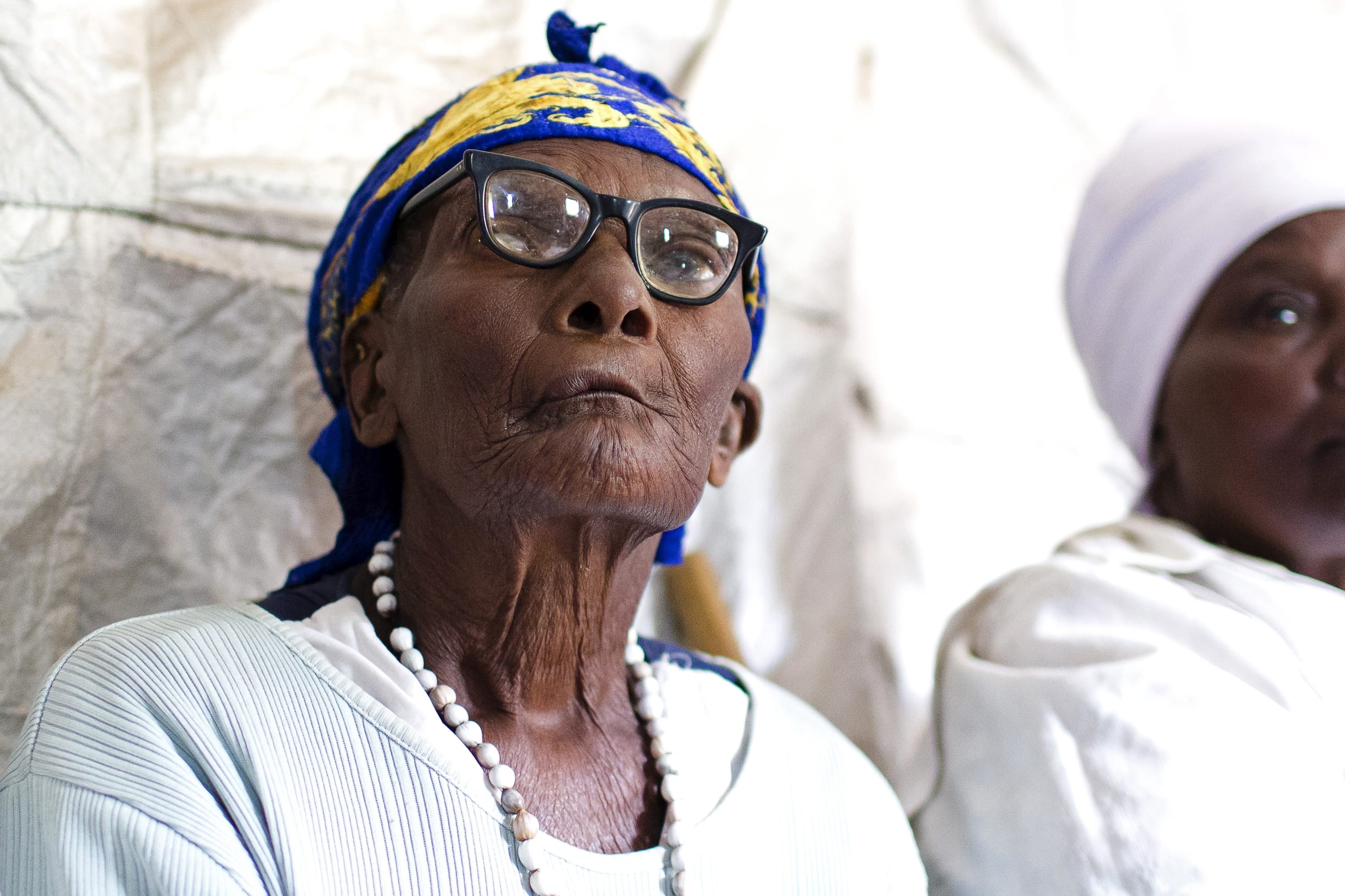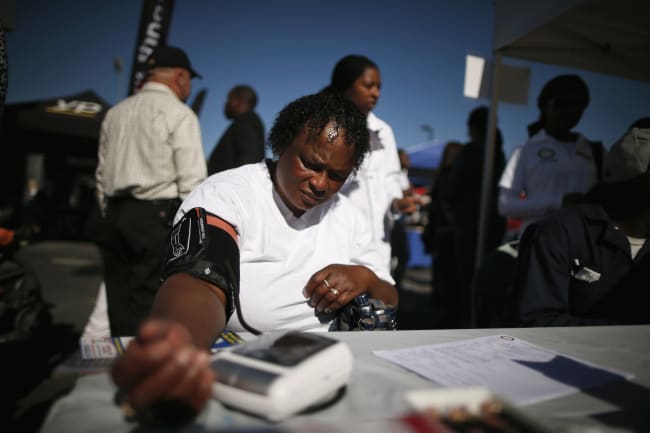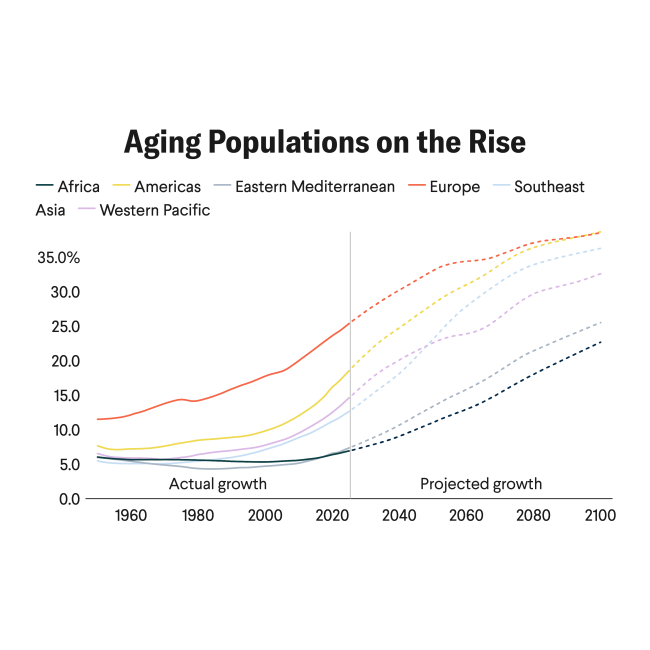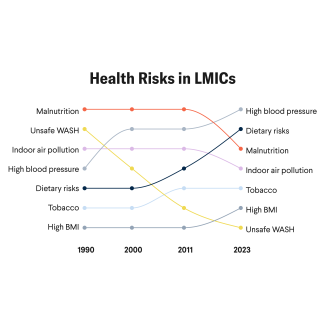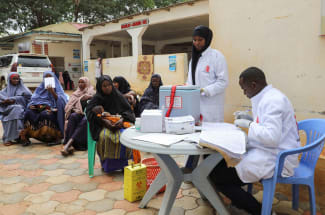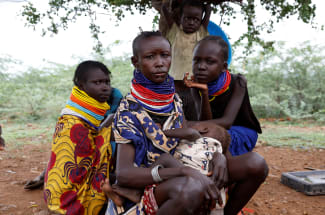Human rights observers in Kenya are detailing the increased weaponization of a colonial era anti-witchcraft law used to justify the intentional homicide of witches as self-defense.
Many victims are widows who have been accused by relatives of their deceased husbands. These victims, once labeled as witches, are ostracized and lynched, after which their land falls into the accuser's possession.
National data are not available, but a research group from the Mombasa-based human rights organization Haki Yetu verified more than 250 murders between 2020 and 2022 along Kenya's coastal counties.
Because few Kenyans have title deeds for their land, if they are killed any obstacle to inheritance has been removed, according to Julius Wanyama, a program officer with Haki Yetu. Moreover, when witchcraft is used as a justification for a murder, local authorities are not likely to challenge the act given the societal belief is that witchcraft is evil. Perpetrators are therefore rarely prosecuted.
The phenomenon is not limited to the coastal region, and reports appear in several areas of the country. In the community of Kisii in western Kenya, for example, local newspapers report that at least six elderly women face this type of violence or death every month.
A confluence of factors makes women vulnerable.
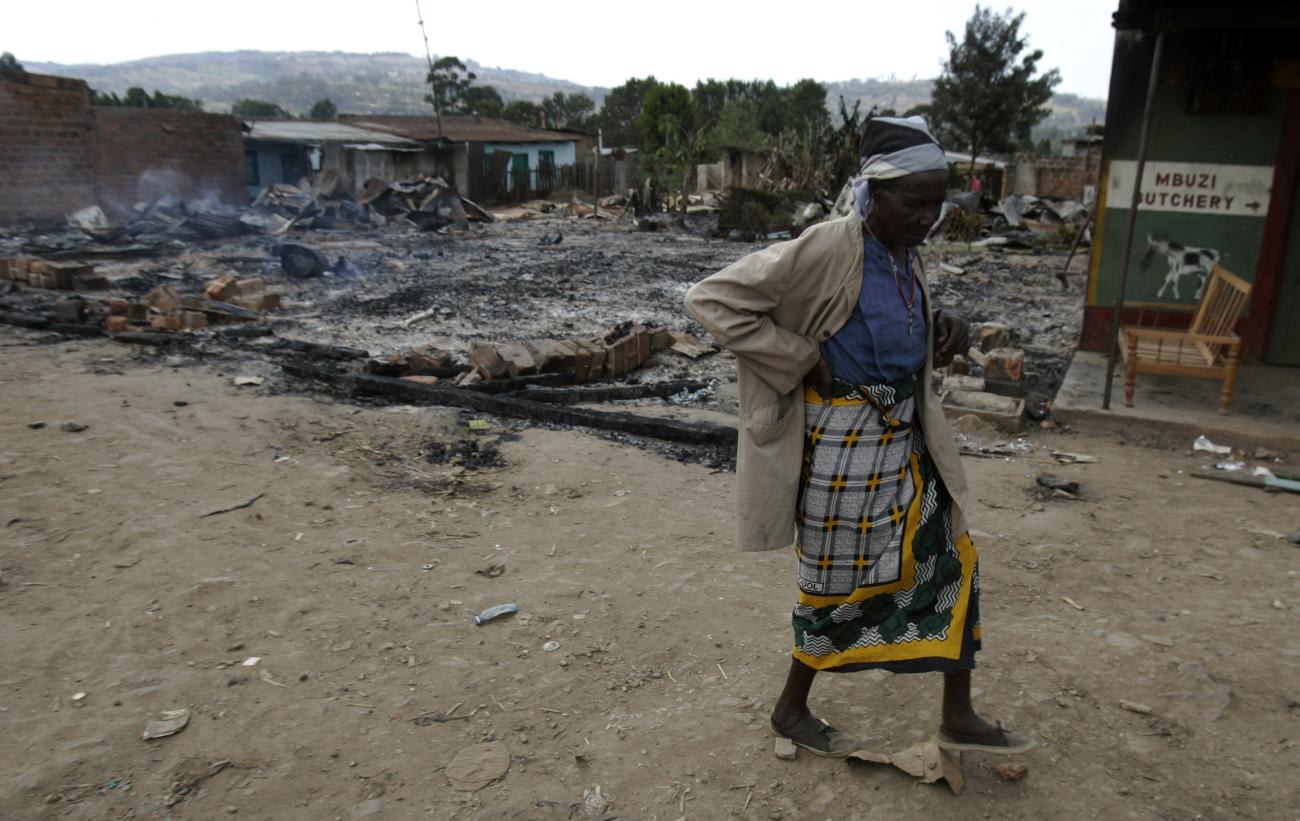
Unclear or poorly understood land rights are contributors. A 2023 Kenya Human Rights Report released by the U.S. Department of State details human rights abuses concerning land ownership. Even though Kenya's constitution provides equal rights for men and women and prohibits discrimination based on gender, "the justice system widely applied customary laws that discriminate against women," the report states.
Under the constitution, women have equal property ownership and inheritance rights, including the "right to matrimonial property during or upon termination of marriage." Women, however, frequently do not exercise their rights under inheritance law, and thus most estates pass from fathers to sons.
Additionally, Kenya's development has led to an increased life expectancy. Currently, Kenya census data show that 6% of the population are older than 60, already exceeding UN population estimates, and the figure is expected to increase. As more Kenyan women outlive their spouses and choose not to remarry, the number of female-headed households across the country has surged, particularly in rural areas, where they account for 36% of all households.
As those women grow older, age-related conditions such as dementia are becoming more common. Dementia is poorly understood, especially in rural Africa, and the condition is a looming health crisis as the continent's population becomes older. Persons living with dementia are commonly stigmatized within their communities, where, because of cultural beliefs, women with symptoms are often labeled witches.
Dementia is poorly understood, especially in rural Africa, and the condition is a looming health crisis as the continent's population becomes older
Efforts to highlight elder abuse and address this trend have emerged. In 2022, several human rights groups appealed to the Kenyan government to create an awareness campaign to highlight poorly understood mental illnesses affecting the elderly, including dementia, with the goal of reducing stigma. These groups stated that "the killings, which target widows, are also a symptom of deeper patriarchal beliefs by some people within the community that girls and women should neither inherit nor own land and other property."
Larger economic factors are also at play. Kenya's population is booming: 80% of its citizens are younger than 35, and thus 1 million people per year age into a labor market that cannot absorb them. Rural areas and youth aged 15 to 34 consistently have the highest unemployment rates, creating a large, growing portion of the population that's unemployed or underemployed. As this group competes for increasingly scarce full-time employment, other tactics for securing resources, including the murder of elderly women, become more attractive.
Those competing pressures have led to an increase in resource conflicts, often resulting in grave outcomes for some elderly Kenyans.
